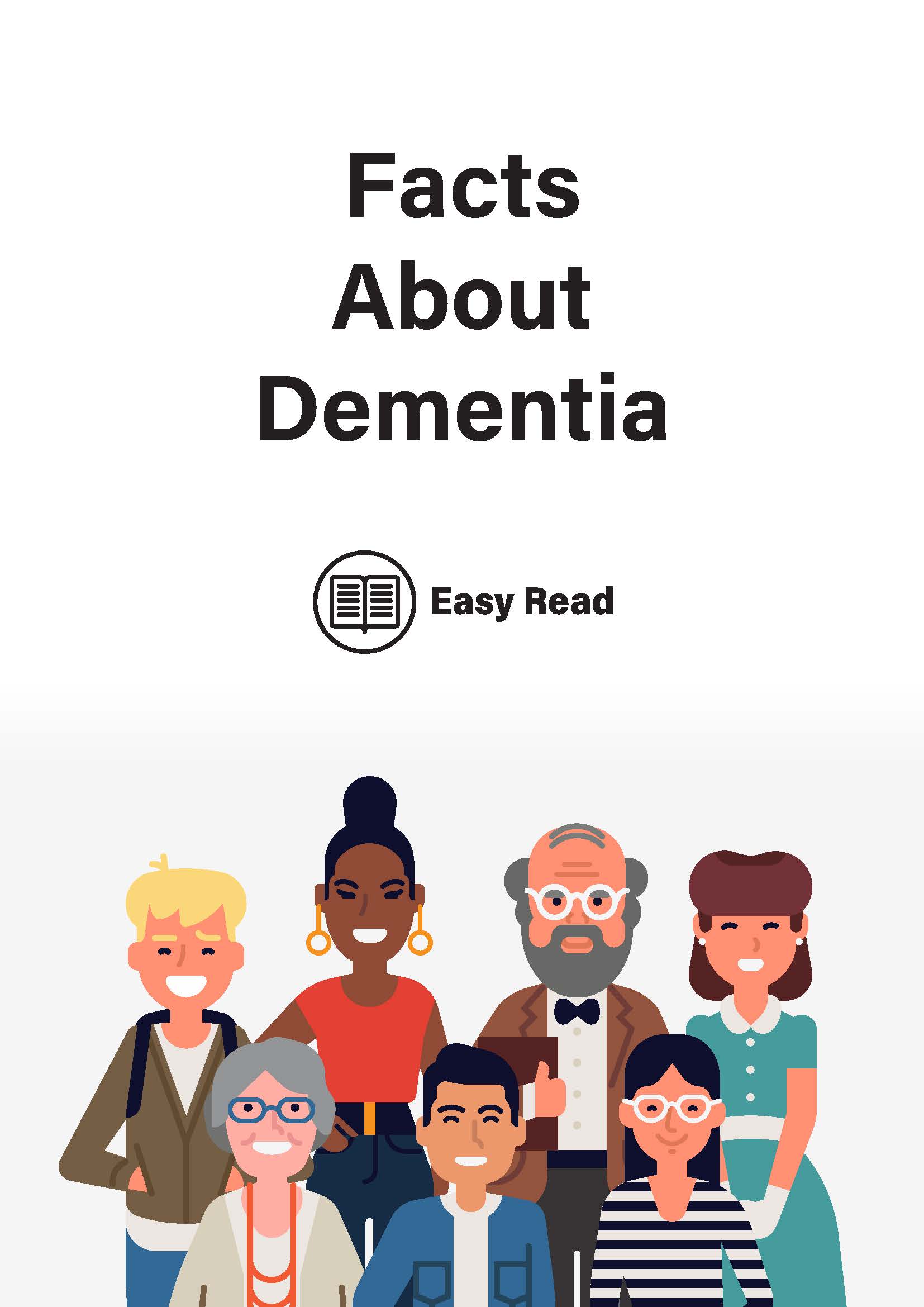SWSPHN, Gandangara Local Aboriginal Land Council (LALC) and Yarpa Hub came together with Elders and community members to recognise and raise awareness of end-of-life planning during Advance Care Planning Week.
Patsy Bingham, an End of Life Doula, was at the Advance Care Yarning Session to talk about the importance of having an advance care plan and letting your mob know your healthcare and end-of-life wishes before it’s too late.
The Advance Care Yarning Session helped to relieve the stigma around talking about end-of-life planning. It also allowed Elders and community members to come together, ask questions, and have a yarn about advance care planning in a safe and culturally informative space.
Advance care planning helps ensure your mob knows what care decisions to make when you are no longer able to communicate these yourself.
For helpful resources on end-of-life planning visit End-of-life planning for Aboriginal and Torres Strait Islanders
Caption: SWSPHN’s Integration & Priority Populations Coordinator Ivan Broome with Gandangara LALC staff at the Advance Care Yarning Session.
End-of-life planning for Aboriginal and Torres Strait Islanders
When you let your mob know of your healthcare and end-of-life wishes in advance, you relieve them of the burden of making these difficult decisions without knowing exactly what you would want. For instance, what healthcare you would agree to receive? Do you want to be taken back to country when you pass?
The resources here help relieve the stigma around talking about end-of-life, from advance care planning to palliative care. These resources are for people who live in Gandangara and Tharawal country.
Resources on this page include:
-
Yarning Our Wishes
Advance Care Planning guide
-
A Journey into Sorry Business
Palliative care support information for Aboriginal and Torres Strait Islander people living in South Western Sydney
-
Advance care yarning
This booklet provides scenarios where having an advance care plan in place is beneficial, and how to setup an advance care plan.
-
Discussion Starter
Use this booklet, developed by Palliative Care Australia and Congress of Aboriginal and Torres Strait Islander Nurses and Midwives, to document what is important to you.







